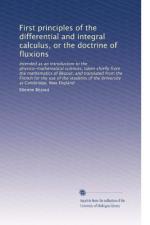|
This section contains 894 words (approx. 3 pages at 300 words per page) |

|
"To the University of Cambridge, in New England"
Summary: Explores the poem, "To the University of Cambridge, in New England," by Phillis Wheatley. Describes how the poem confronts Harvard students for their selfishness, opportunities in life, along with many other things. Explores Wheatley's use of irony in the poem.
Phillis Wheatley, as we know, was, and still is one of the most famous and inspirational black poet's of the late eighteenth century. Wheatley's poetry, among others at the time, catalyzed a powerful African American tradition in American poetry. One of Phillis Wheatley's most famous and well known poems is, "To the University of Cambridge, in New England." This poem confronts Harvard students for their selfishness, opportunities in life, along with many other things. Wheatley took many risks and chances in publishing, let alone writing this poem. For one, Wheatley took many risks in having the speaker or narrator of, "To the University of Cambridge, in New England" identify herself as "An Ethiop." Also, the slave poet stands to gain something by reminding Harvard students of their freedoms and privileges, while consequently taking a large risk at the same time.
As previously stated, Phillis Wheatley took many risks...
|
This section contains 894 words (approx. 3 pages at 300 words per page) |

|


